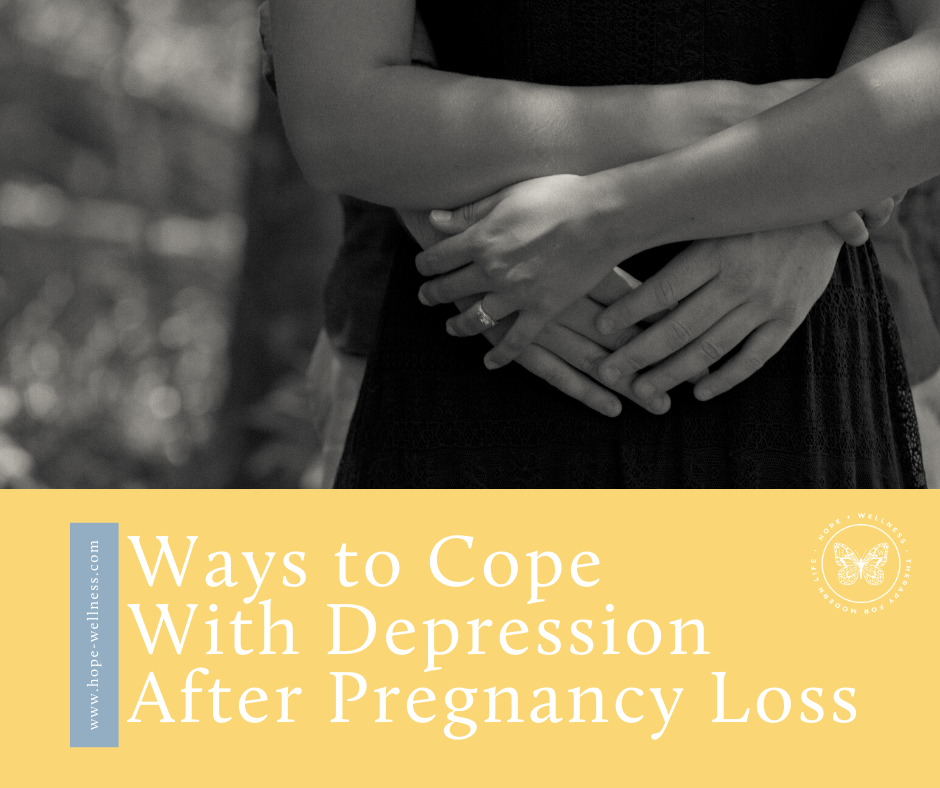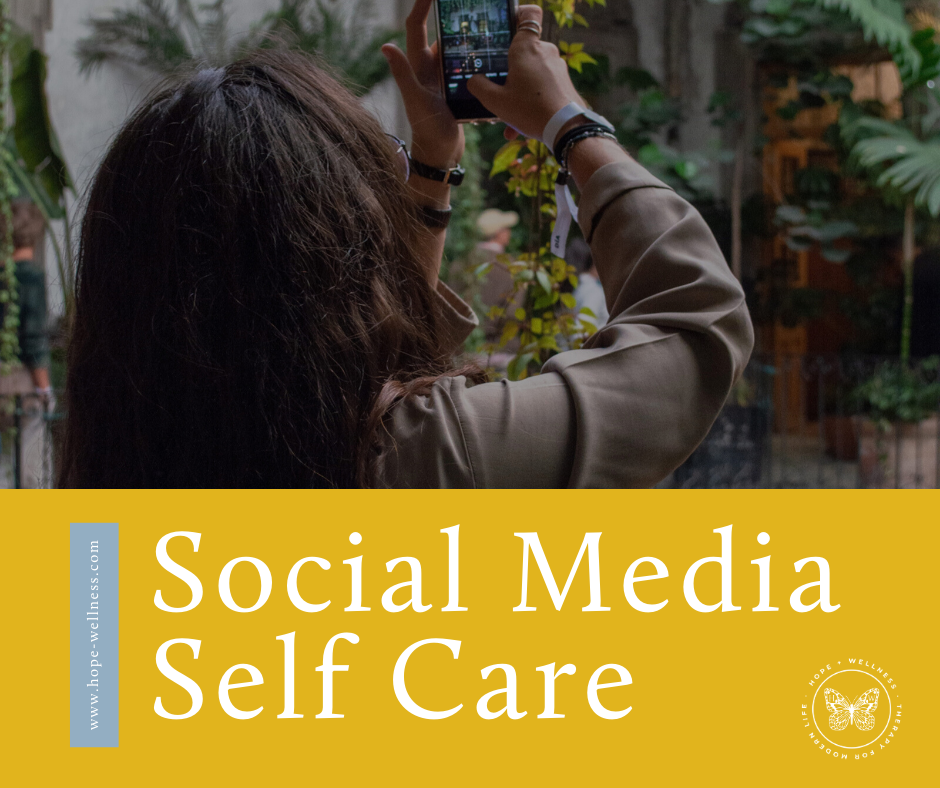
Hope +Wellness Blog
little snippets of advice for everyday challenges many people share

How to Figure Out What You Want in a Partner
From the outside, it seems as if dating today should be easier than ever.
With various apps and online dating services, you don’t even have to leave your couch to meet someone new! But while that can be a great thing (for busy people, people who’ve just moved to town, those just starting to get comfortable putting themselves out there, etc) it also creates its own very specific set of dating difficulties.

How to Cope With Losing Relationships as a Result of Your Chronic Illness
Many people don’t understand what it’s like to be seriously ill. People often also don’t know what to do when someone is sick. If you’ve ever dealt with a loss in your life you might be familiar with this. Some people don’t know what to say or do, so instead of saying the ‘wrong’ thing, they disappear until the crisis is over. It’s not a nice thing to do, certainly, but it is a human reaction to discomfort. Unfortunately, for folks living with chronic illness, this experience is all too familiar. With chronic illness however, there is no end in sight, and because of that some relationships just don’t survive.

Well Rounded Wellness: Exploring the Health Benefits of Spirituality
We’ve talked a bit before about the link between physical and mental wellness. And research is now showing that there is a significant mind-body connection; meaning our mental health can influence our physical health, and vice versa.
So we know that health isn’t just one or the other. It’s not physical or mental, it’s a combination of caring for all of the different aspects of ourselves. But within this mind body connection, there’s another aspect often left out of the conversation: spiritual wellness.

Ways to Cope with Depression After Pregnancy Loss
For many women, pregnancy can be a really uncertain time - excitement, fear, anxiety, hope all come into play. Many pregnancies do lead to healthy babies, but unfortunately, that’s not the reality for everyone. Although it’s still considered culturally taboo to discuss pregnancy loss, the truth is that not all pregnancies end with a healthy infant. It’s hard to imagine an unsuccessful pregnancy, but roughly 10-20% of pregnancies end in miscarriage.

Is Perfectionism Holding You Back?
“Perfectionism is a trait that makes life an endless report card on accomplishments or looks.” That is how Psychology Today makes short work of defining perfectionism. While simple, this succinct definition of perfection hits the nail on the head.
While achieving perfection sounds positive, the trait of perfectionism is actually more toxic than beneficial to our overall health and wellness–because, as most of us know, perfection isn’t actually possible to achieve. Instead, perfectionism is a trait that acts as a harsh, critical voice inside our heads, making us too afraid of failure or criticism to try new things, expand our world, or let ourselves be vulnerable in any way.

5 Ways Chronic Illness can Affect Your Mental Health
Many of us take our physical health for granted until we are forced to do otherwise. For the six out of every ten adults in the US who live with a chronic illness, however, the fantasy of living in perfect health is one that’s hard to reach. According to the Centers for Disease Control and Prevention (CDC), chronic illness is defined as “conditions that last 1 year or more and require ongoing medical attention or limit activities of daily living or both.”

How to stop social media from making you feel bad about yourself
When you think of self care practices, do you ever consider your social media?
While social media is great for so many things (keeping up to date with friends who live far away, finding new music or movies or other cultural events, staying on top of local events, just to name a few) it’s not something we should use mindlessly.

How to Tap Into and Listen to Your Intuition
Intuition sounds like a complex, magical thing. When we think about intuitive people there’s an air of fortune-telling or mysticism that comes along with the word, but all intuition really is is your feelings. Intuition is your gut instinct in any situation.

7 Ways to Communicate More Effectively in Your Relationship
One of the hardest parts of being in a relationship with someone else is figuring out how to talk to them about serious stuff. Relationships can be complicated for many reasons, but sometimes a barrier between partners is that they don’t know how to effectively communicate with each other. Many of us didn’t grow up with positive models of relationships to look up to, so you may feel like you have no chance to catch up at this point. Luckily, that isn’t true! You can figure out ways to communicate with your partner that work in your relationship, even if healthy communication is completely new to you.

What parents of anxious children should know about anxiety
Feeling anxious is a completely normal part of life. When big events or school projects or new social experiences are coming up, it’s natural for your child to feel some degree of anxiety. However, just as in adult, anxiety in children can also become overwhelming. When this anxiety tips over from being a manageable emotion to being a major obstacle in their everyday life, that’s when your child may be struggling to manage an anxiety disorder.
Hope+Wellness is a mental health practice specializing in the treatment of depression, mood, stress, and anxiety in kids, teens, and adults. This is a blog about living well and finding meaning and purpose in the face of difficult challenges. This is a blog about finding hope.
Archive
- ACT
- ADHD
- Acceptance
- Anxiety
- Authenticity
- Belonging
- Bipolar
- CBT
- Calming
- Change
- Chronic Illness
- Chronic Pain
- Communication
- Community
- Coping Skills
- DBT
- Dating
- Depression
- EMDR
- Emotions
- Entrepreneurs
- Friendship
- Gratitude
- Grief
- Health Psychology
- Hope
- Inspiration
- Intimacy
- Intuition
- Joy
- Letting Go
- Love
- Manic Depression
- Mindfulness
- Miscarriage
- OCD
- Parenting
- Personal Growth
- Positive Vibes
- Quotes
- Relationships
- Resources
- Self-Compassion
- Self-Reflection
- Services
- Sleep
- Spirituality
- Stress Management
- Stress Relief
- Suffering